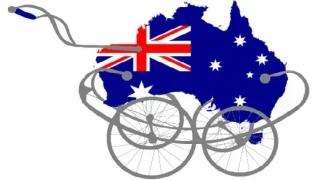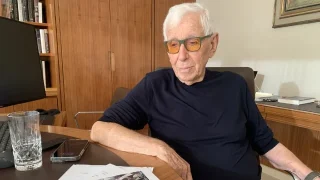
People of other than Anglo-Saxon origin are actively encouraged by the state to preserve their cultural heritage, and to think of themselves as not only Australians, but specifically as Greek-Australians, or Lebanese-Australians, or whatever. We are all exhorted to respect and tolerate one another's heritage and to learn to enjoy the variety of lifestyles that such mutual tolerance can provide. There is much to commend this idea. Migration is usually a traumatic experience, and migrants should not have to endure pressure to assimilate instantly into the dominant culture. Yet there is surely a natural tendency for migrantgroups to experience cultural assimilation, however gradual a process this might be. The children and grandchildren of migrants will inevitably be 'Australianised', however we want to define that term. For them, the attempt to maintain the cultural identity of their forbears is likely to be an increasingly artificial and futile activity. The question must therefore be put: Why do politicians promote multiculturalism so keenly? This study seeks to answer that question. It does so with the help of a highly organised, yet simple and accessible, theoretical framework which has come to be known among social scientists as the 'economic theory of politics'. This
framework includes a number of familiar assumptions, like the one that politicians are really out to do the best for themselves, whatever they say. At the same time, however, it is free from the disillusionment which arises from the belief that politicians ought to be wise philosopher-kings, motivated purely by considerations of the common good.
Rather, it assumes simply that politicians are like other people; that they are motivated mainly by self-interest butalso by a degree of benevolence; and that they act on these motives in the ways that their occupation makes available to them.








